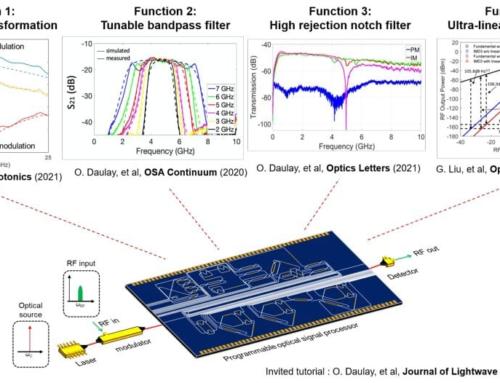The Swedish Post and Telecom Authority (PTS) announced the completion of a 5G spectrum auction in which frequencies in the 3.5 GHz and the 2.3 GHz bands were awarded to the country’s operators. The sale raised 2.32 billion SEK (226 million EUR), slightly above the 1.66 billion SEK (155 million EUR) reserve price. In a statement, PTS stated that all 320 MHz at 3.5 GHz was assigned.
Full allocations are as follows:
- Telia secured 120 MHz (3500-3620 MHz) for 760.25 million SEK (75 million EUR).
- Net4Mobility (a joint initiative by Tele2 and Telenor’s local units) won 100 MHz (3620-3720 MHz) for 665.5 million SEK (65 million EUR).
- Hi3G got 100 MHz (3400-3500 MHz) at 491.25 million SEK (48 million EUR).
- Teracom Group which took over Net1 in 2019, took all 80 MHz on offer in the 2.3 GHz band for a total of 400 million SEK (40 million EUR).
The auction was supposed to take place in 2020 but got delayed twice, once for security review and the second time over a lawsuit filed by Huawei.
3.5 GHz spectrum was bought at 2.2 cEUR/MHz/PoP for 10 years, significantly lower than in Italy, the UK, or France, and at almost the same price as Finland. The four 3.5 GHz licences will be valid for a period of 25 years (from January 20, 2021, to December 31, 2045).
Regarding 5G vendors, PTS demands that equipment from Chinese Huawei and ZTE must not be used in the construction of 5G networks due to national security concerns. The regulator stated that if existing infrastructure for central functions is to be used to provide services in the concerned frequency bands, products from Huawei and ZTE must be phased out on 1 January 2025 at the latest.
In 2020, Finnish vendor Nokia announced its selection by Telia Company to deploy its nationwide 5G RAN and SA core. Telia Company also contracted Ericsson to deploy 5G equipment in Sweden and Estonia. Net4Mobility partners Tele2 and Telenor selected Ericsson and Nokia to deploy their nationwide 5G RAN. Tele2 had previously named Nokia as its core network vendor for Sweden and the Baltics.
Four players out of five mobile providers provide 5G commercial services to date. Telenor Sweden launched commercial 5G services in October 2020 in central Stockholm. Rival operators Telia, Tele2 and Tre respectively launched 5G services in May and June 2020.
The ITA calls specifically for the licensing of the Woan as an “individual electronic communications network service” player under the Electronic Communications Act and the issuance of a radio frequency spectrum licence.
In all, Icasa will allocate 80MHz of spectrum to the Woan. It will not require the Woan to participate in the upcoming auction, which will help lower its upfront costs and improve the changes of its financial success.
The new operator will receive 2x10MHz in the 700MHz band, which is still used for analogue television broadcasting (and will continue to be used for this until South Africa completes its long-delayed broadcasting digital migration project).
4G and 5G
The Woan will also get 30MHz at 2.6GHz (good for deploying 4G/LTE services) and 30MHz at 3.5GHz (good for 5G). The spectrum can be used nationally and is exclusive to the Woan. The spectrum is licensed on a “technology-neutral” basis, meaning the Woan can decide what technologies to deploy.
The new company will have to comply with various obligations, including delivering minimum upload and download speeds and operating on open-access principles. It can also share unused spectrum with other network operators, which can combine licensed spectrum in “innovative combinations” to address rural areas and other locations, Icasa said.
The Woan must commence operations within 24 months of being licensed. It must also make 30% of its capacity available to operators that are awarded spectrum through the auction. This measure is meant to support he Woan and will be in effect for seven years.
In addition, applicants for the licence must be at least 70% owned by South African citizens and must be at least 50% black owned (as defined in the B-BBEE Act. It must also be at least 20% owned by black women.
Icasa has also set out various incentives to aid the Woan. These include the 30% offtake arrangement with other spectrum licensees as well as a seven-year payment holiday when it comes to spectrum fees and general licence fees.
It’s not yet clear how much interest there will be in the Woan or who will participate in the licensing process. However, Remgro’s CIVH, which owns Dark Fibre Africa and Vumatel, is known to be keen to participate. Some larger Internet service providers may also look to get involved. — © 2020 NewsCentral Media



